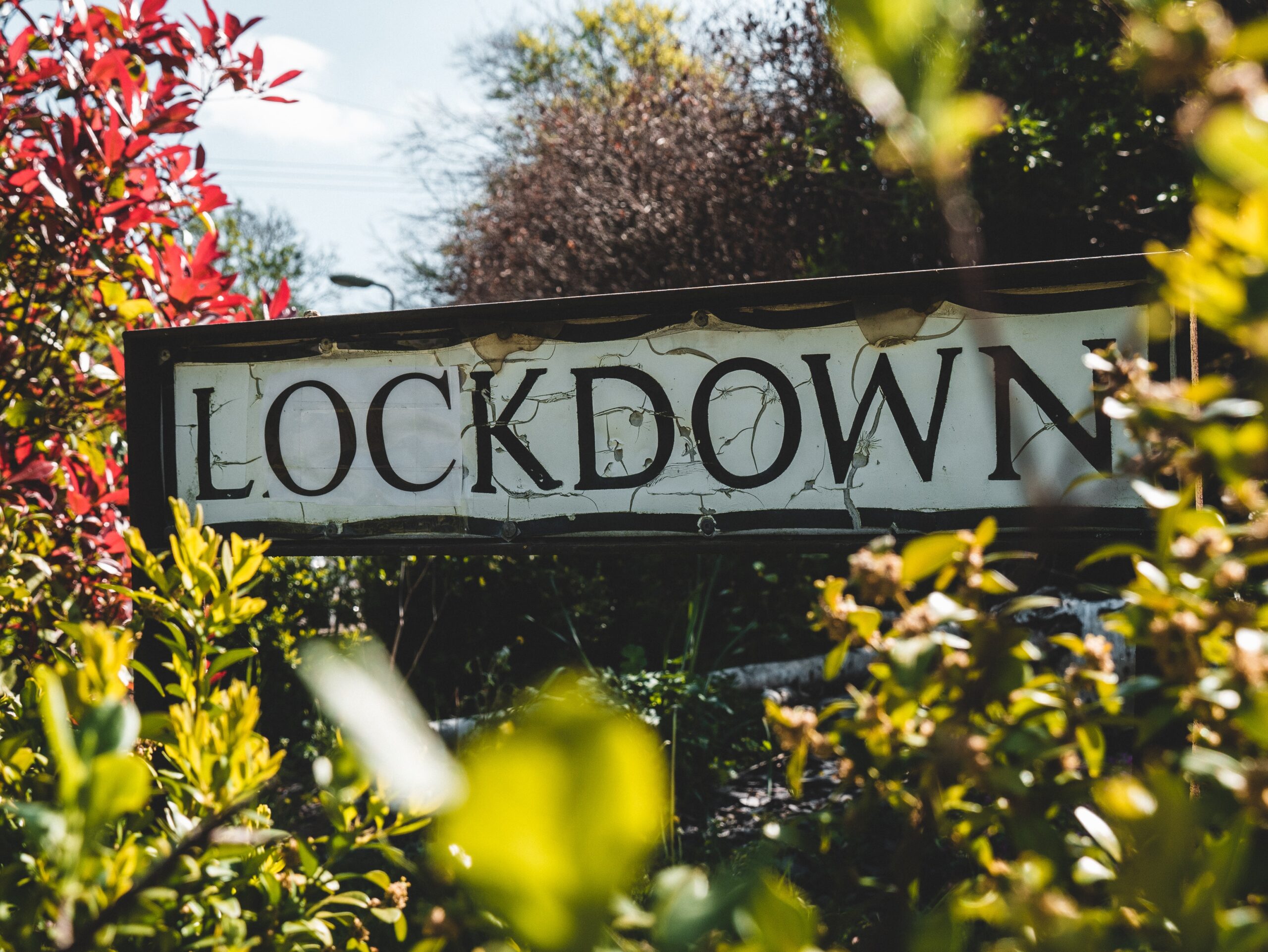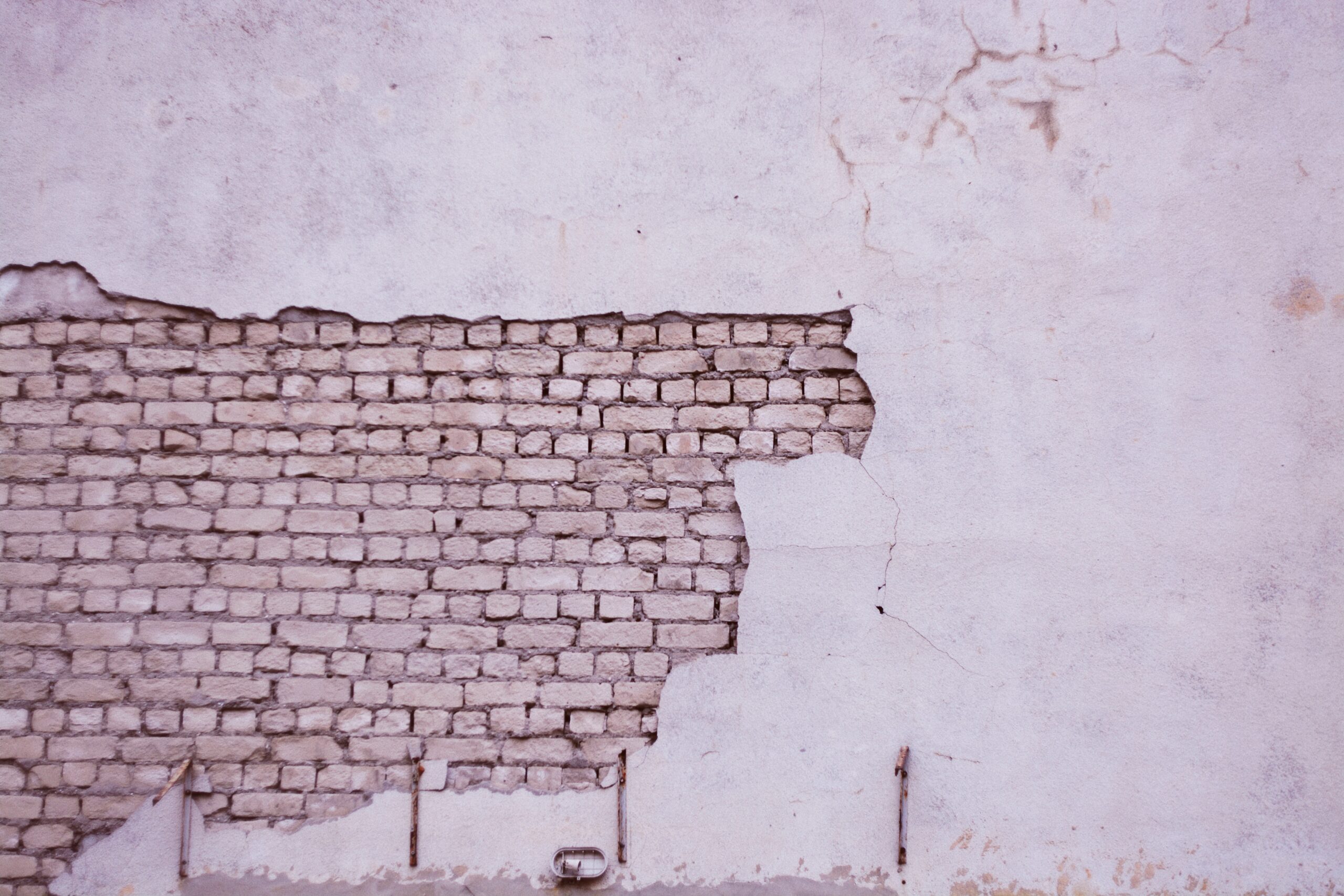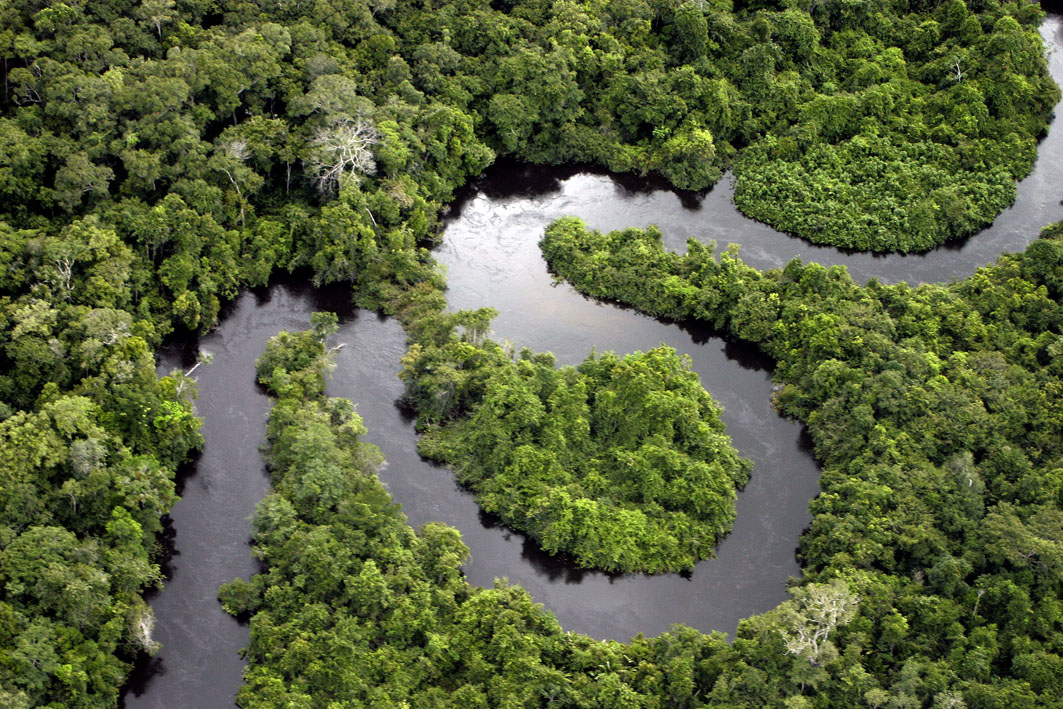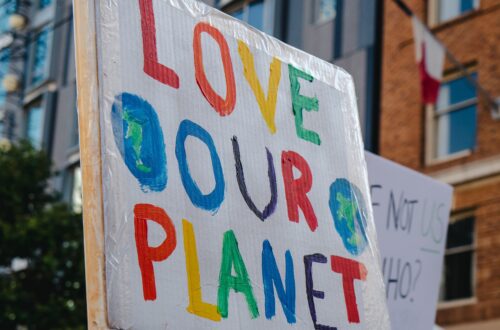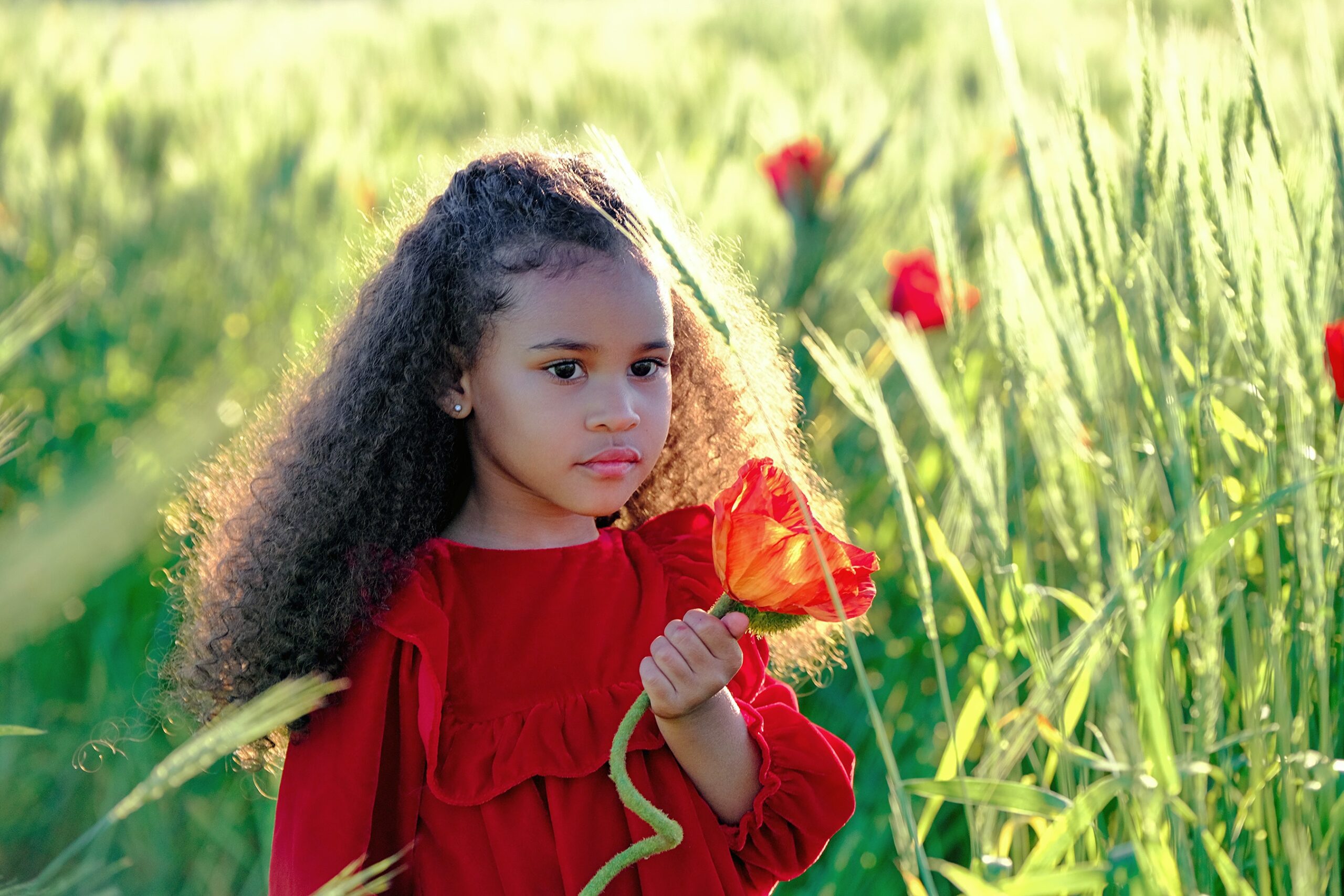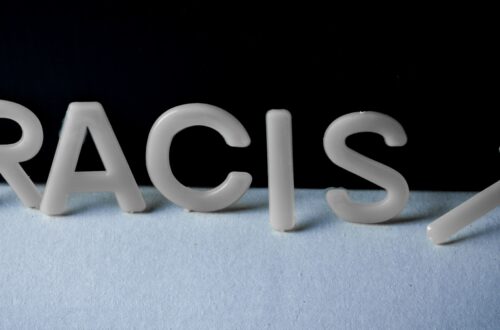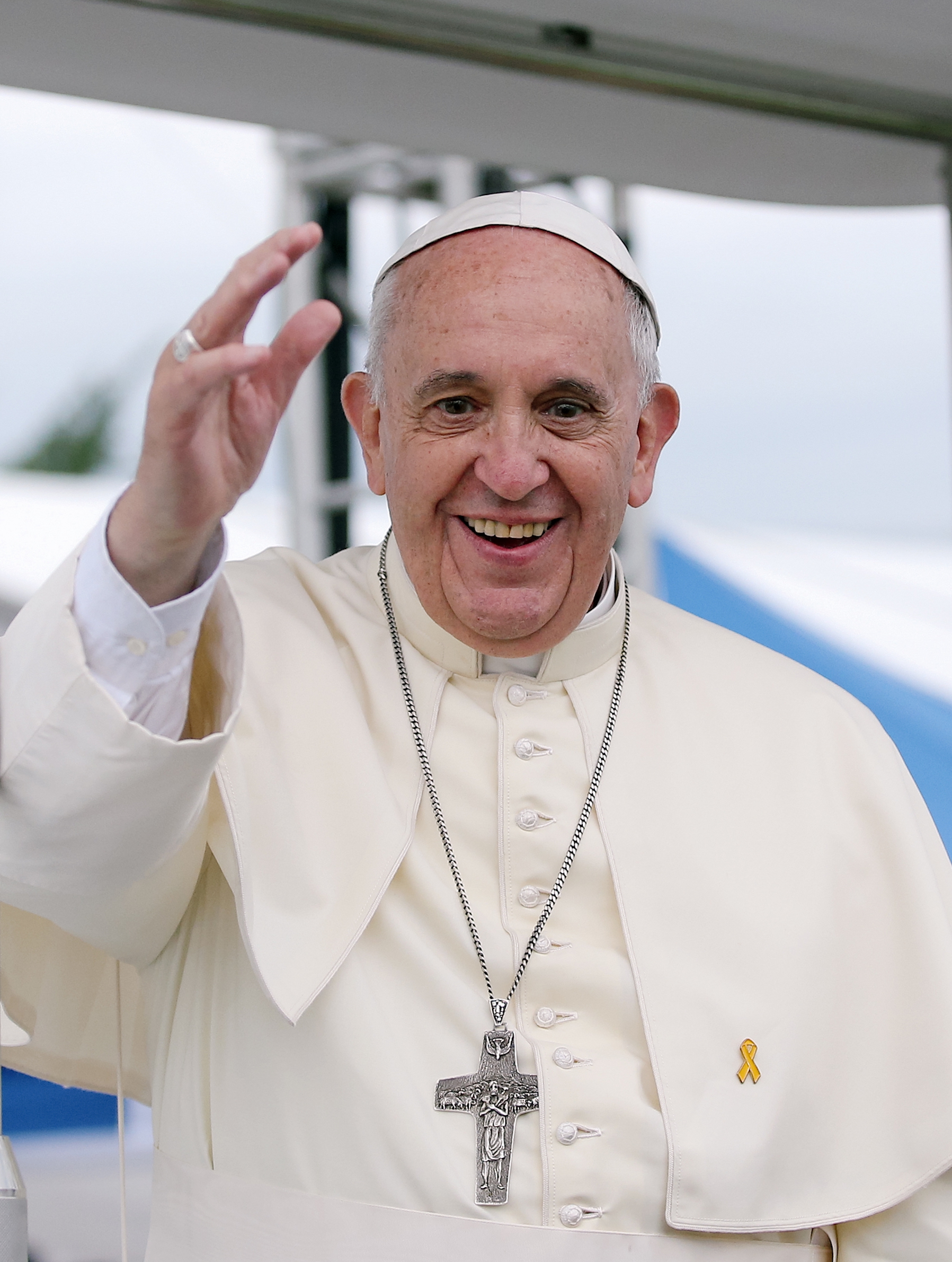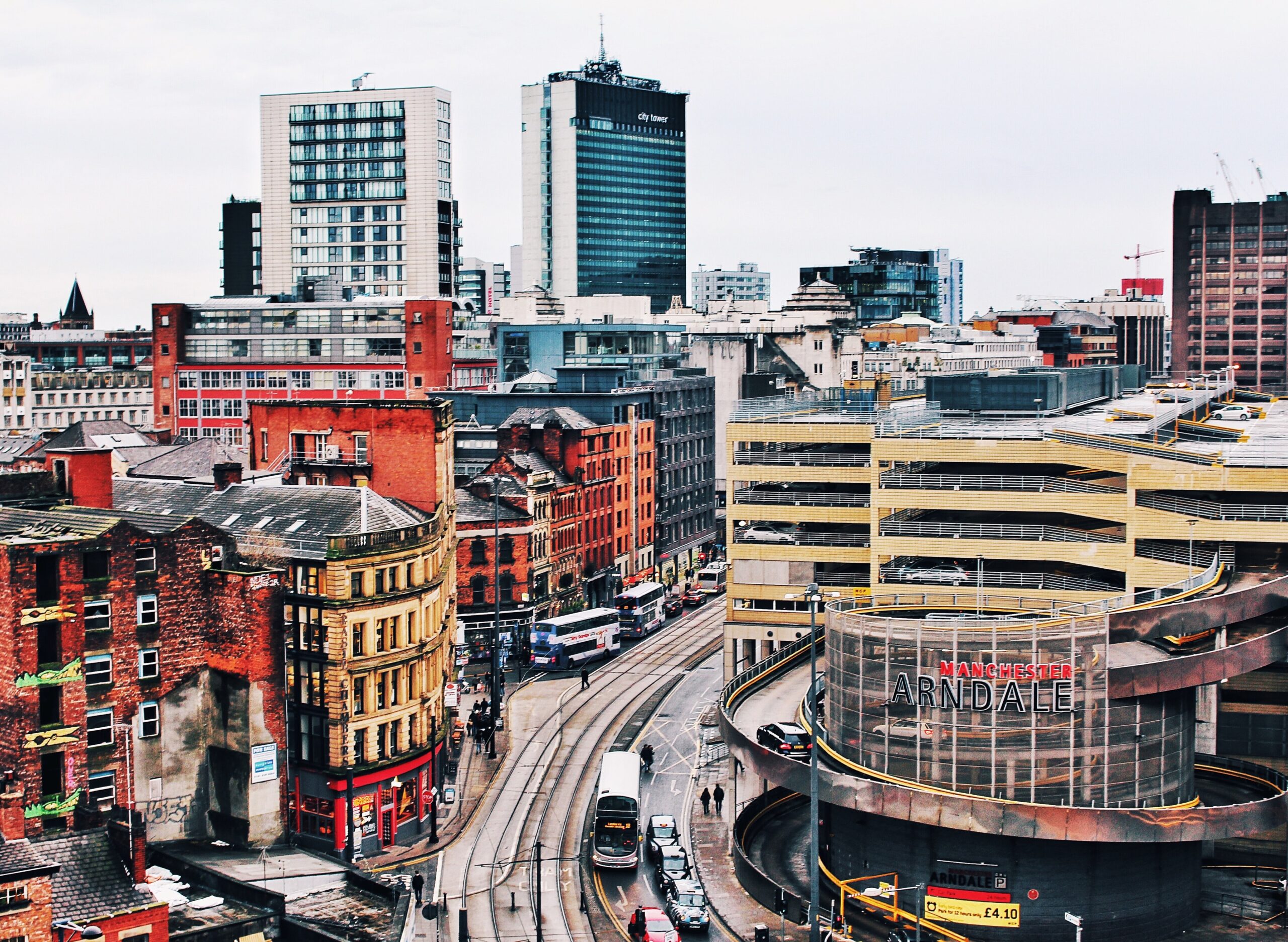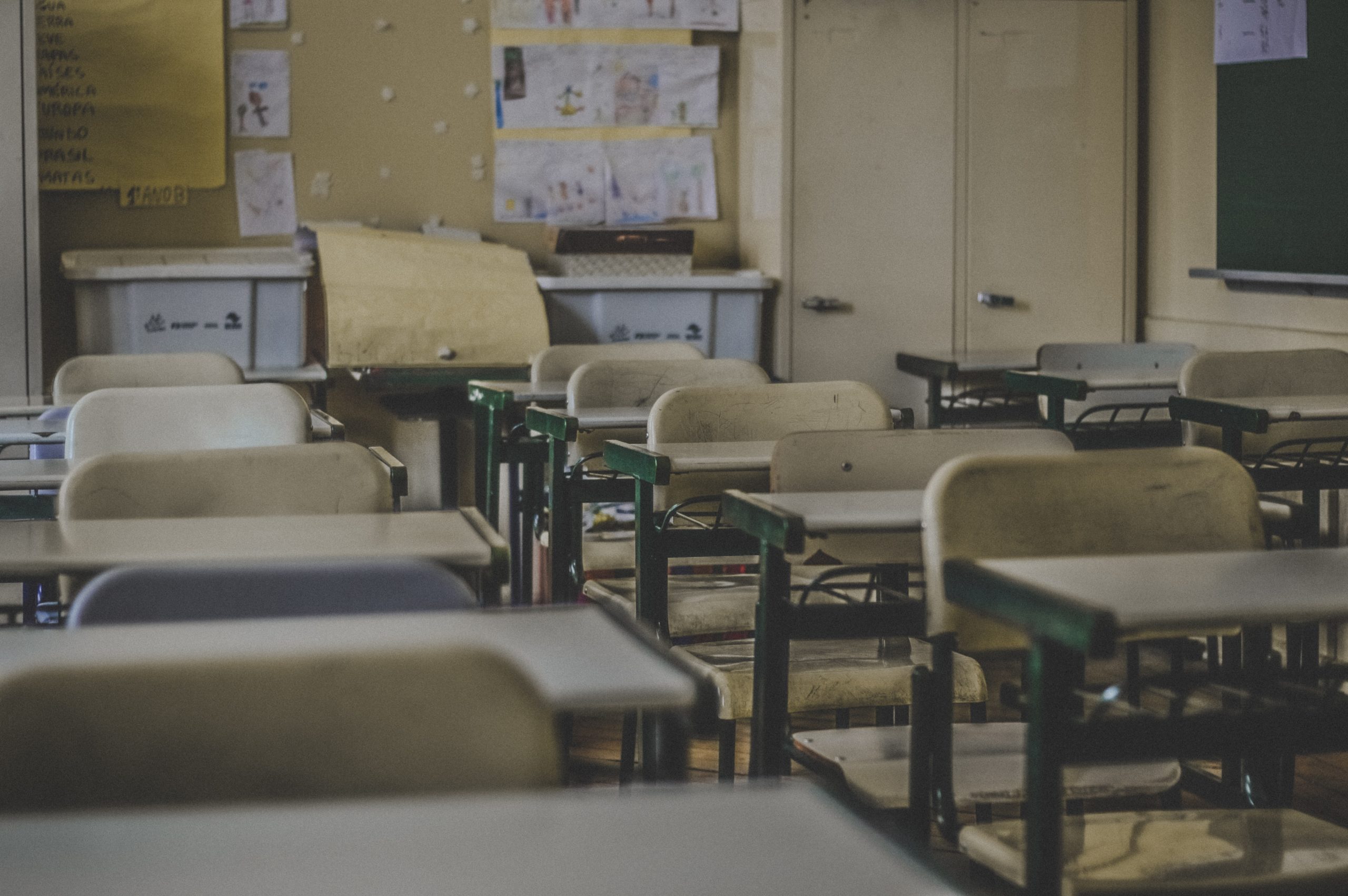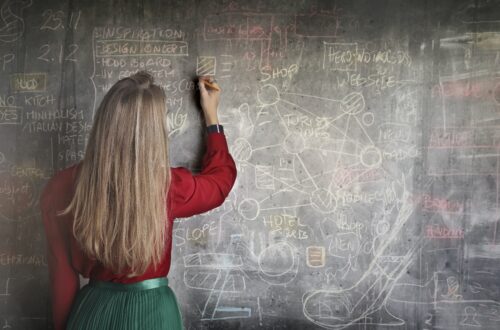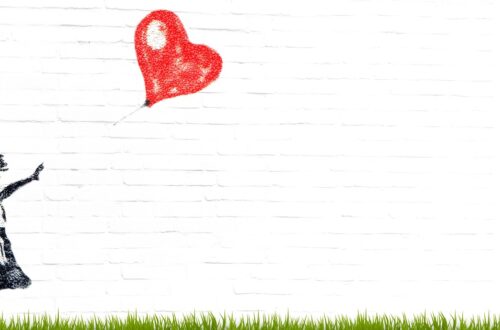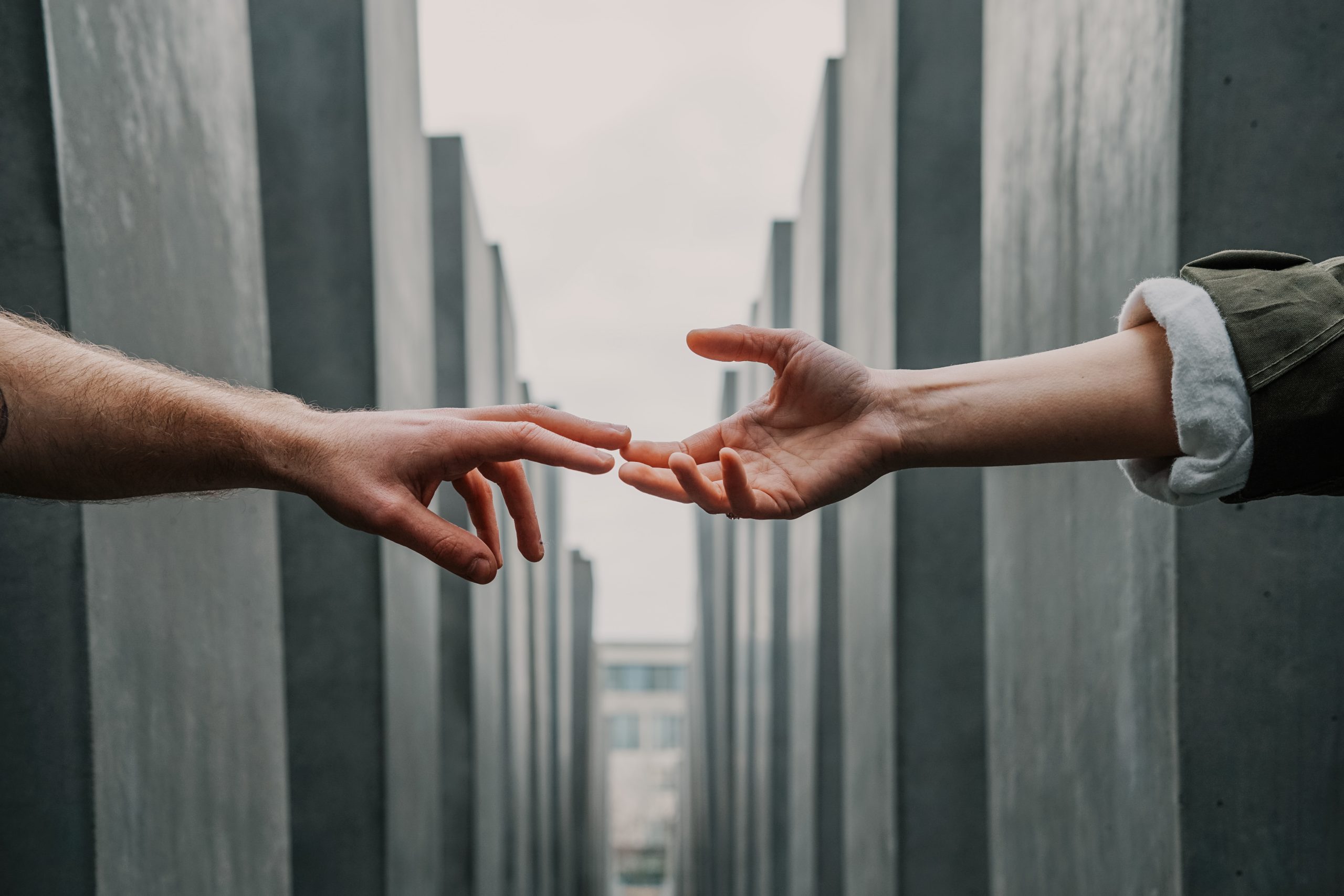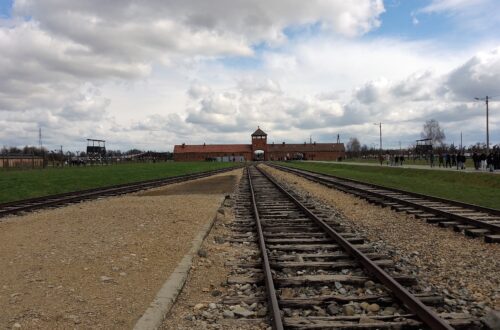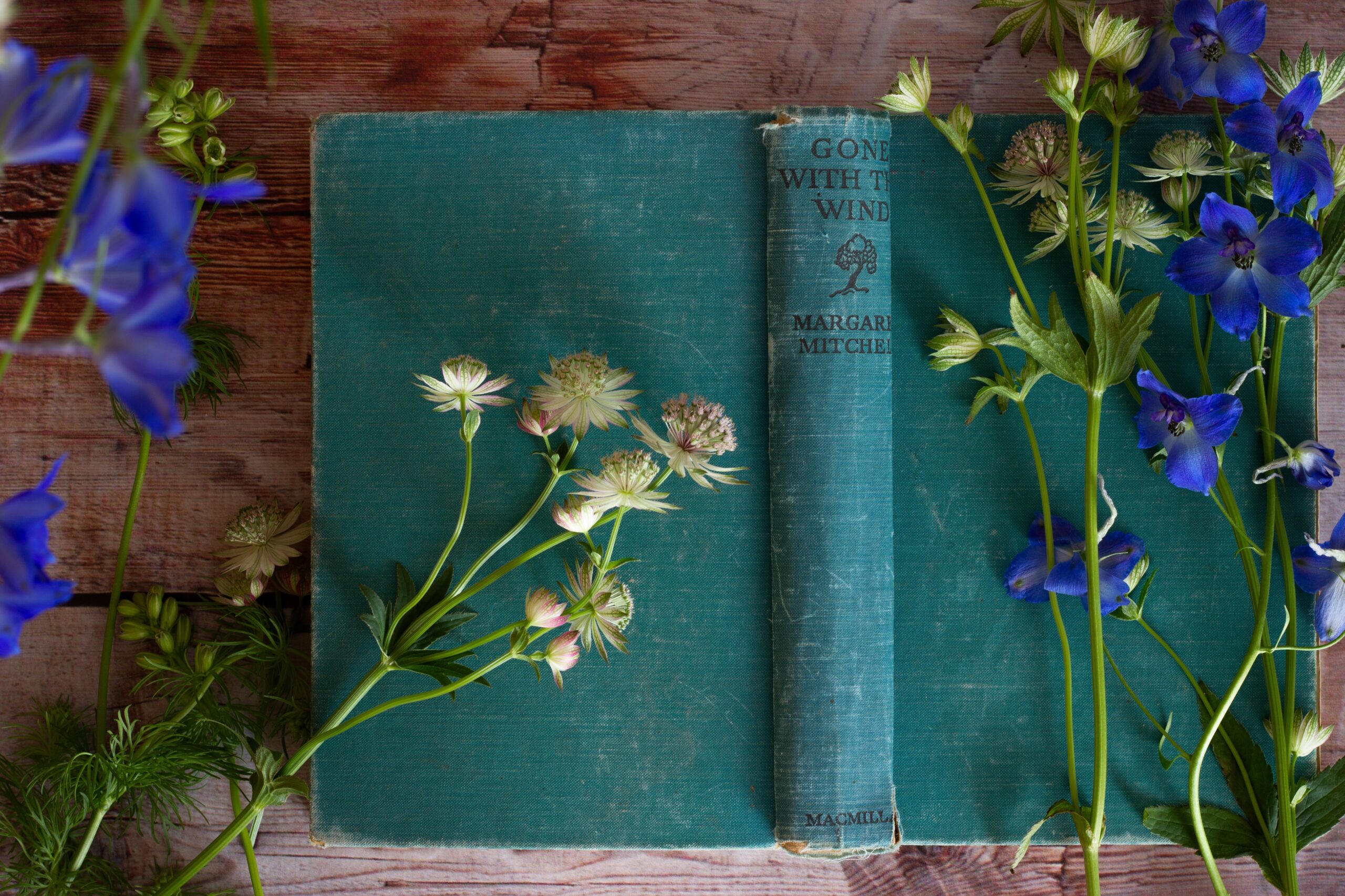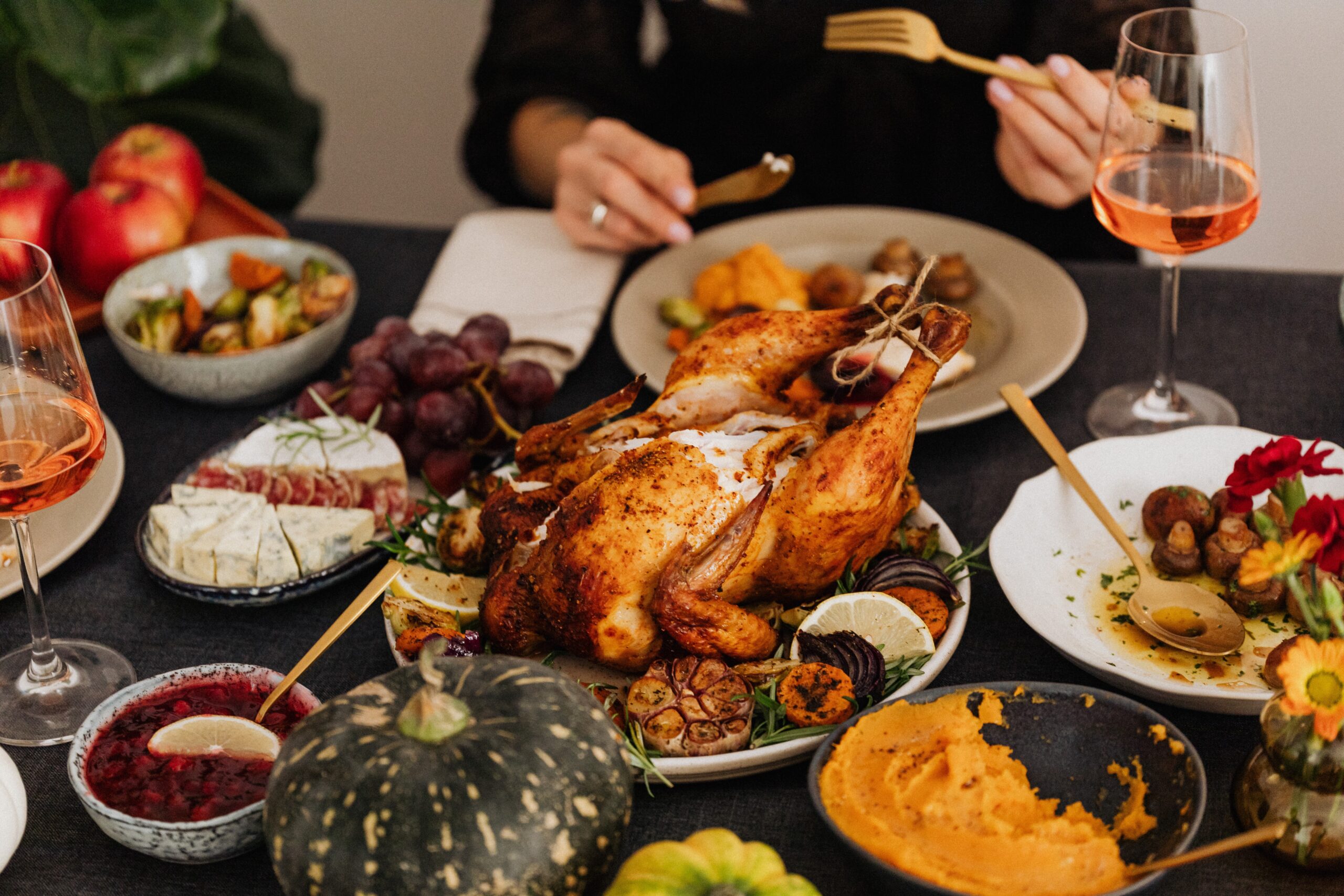-
Covid-19: a chance to build bridges between generations
(7 minute read) Lisa Fraser explains how volunteering to buy groceries for an isolated elderly neighbour has changed the way she relates to older people.
-
Our Covid response could provide a model to avoid climate crisis
(6 minute read) Margareth Sembiring looks at the similarities between the current pandemic emergency and the looming climate crisis, and identifies lessons to be learned.
-
Asking the wrong question: how we are putting the Amazon and the world at risk
(11 minute read) The future of the Amazon raises fundamental ethical and spiritual questions which we should all consider, even - perhaps especially - in the West, Joseph Evans argues.
-
Going with the flow: can we still form meaningful relationships today?
(6 minute read) How do we reconcile freedom and commitment so as to live happily in ourselves and with others? Javier Pérez Wever seeks answers from the work of Zygmunt Bauman.
-
What is the purpose of education?
If we want educational reform to achieve its goal, we need to know why we are educating our children, Roy Peachey argues.
-
“Never again”, the humanising power of war literature
In the aftermath of conflict, language must serve constructive ends and, crucially, suggest the necessary changes to be made in order to prevent future repetition of violence and bloodshed. Bianca Costa Sales discusses the important role of war literature.
-
Your data’s barbed wire
Barbed wire has been regarded as one of civilisation’s smartest inventions because it clearly defines one’s property. In a market-driven capitalist economy, this property becomes an asset. Prakarsh Singh argues that data is the barbed wire of the future.
